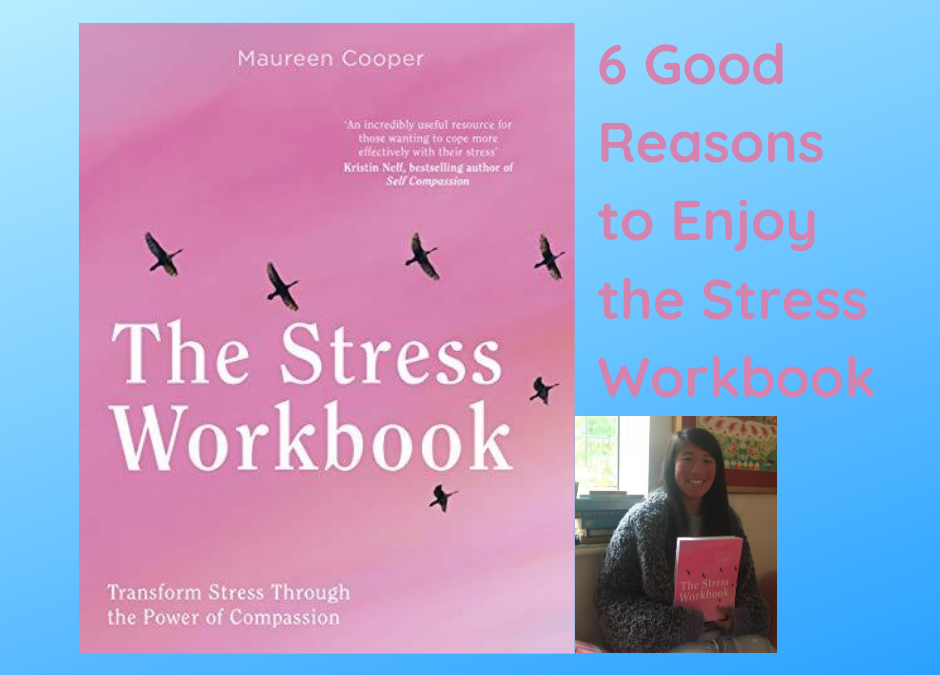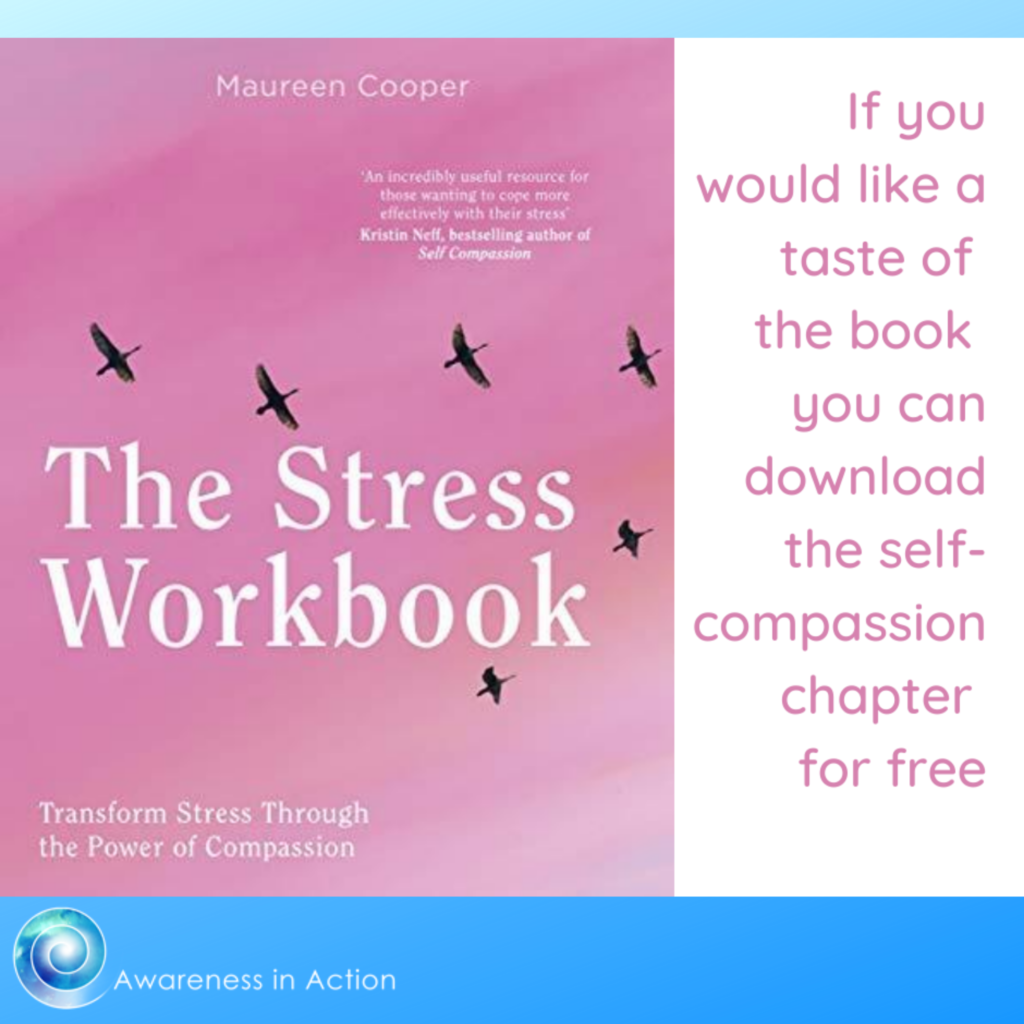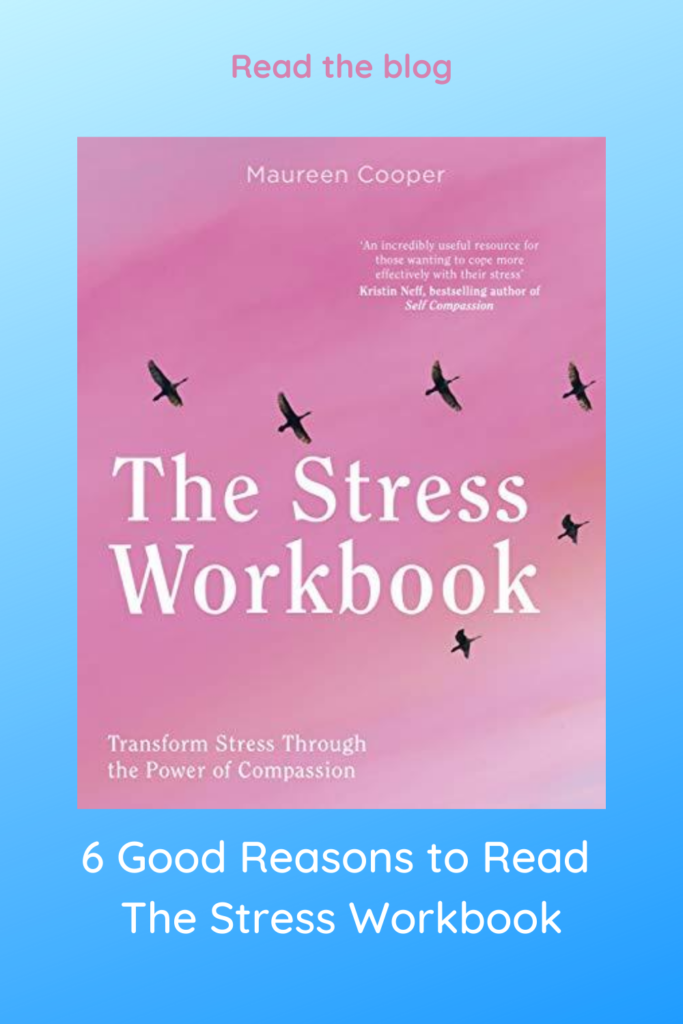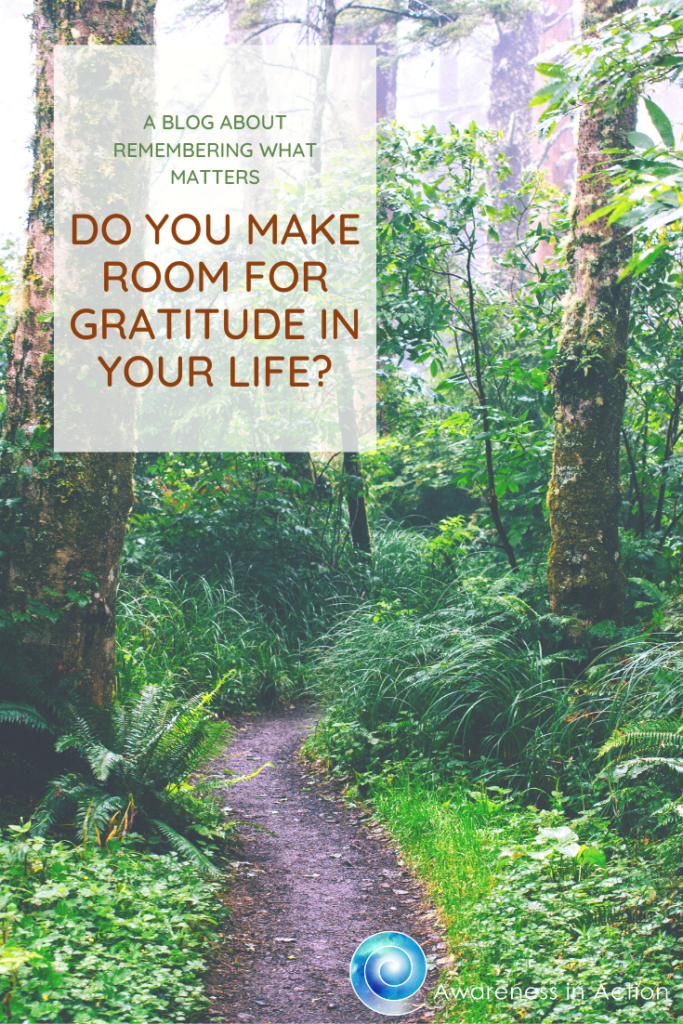
6 Good Reasons to Enjoy the Stress Workbook
With all the upset and worry caused by the current Corona virus, it was a bit of a holiday to have something to celebrate. On 9 July 2020 my second book, The Stress Workbook was published. It’s been very heartening to receive so many congratulations from people. It’s particularly special to see people holding your book and getting ready to read it.
The purpose of this blog is to tell a bit about the book to people who have not come across it yet and who maybe don’t know my first book, The Compassionate Mind Approach to Reducing Stress.
All my life I have looked for meaning and ways to work with my habits in order to live more harmoniously. It’s been a natural progression from that to write about things that are relevant to peoples’ lives. My blog aims to pick up on issues that impact wellbeing and offer ways to work to increase your own. So, when it was suggested to me that I should write about stress and show how compassion can help to work with it, I jumped at the chance.
1.We’re going through challenging times
There’s no doubt that the last few months have been extremely stressful. Worry about the virus is one thing but then there is all the fallout to deal with as well. Lockdown and all its ongoing effects have changed our lives in ways we could never have imagined a few months ago. Conversations with friends are opportunities to share how we are trying to manage the strangeness of the situation.
I had a significant birthday in June and had planned to celebrate the passing of another decade with trips to the UK to see family and friends. Obviously, the plan is now on hold. My eldest niece had her first baby during lockdown and as her mother is in the vulnerable category she had to go through the whole thing without her mother’s physical support. One of my nephews has lost his job because of layoffs and the other one had to celebrate getting his PhD in a virtual ceremony. All over the world people are struggling to cope with loss, upheaval, financial hardship, anxiety and uncertainty.
2. Stress is something we all need to cope with
Stress tends to get a bad press. When we talk about feeling stressed, we generally mean we don’t feel well in ourselves. That’s not surprising, as stress can make us tired, irritable, and generally uninspired. However, from an evolutionary point of view, our stress response was designed to keep us away from danger and safe enough to reproduce and raise our offspring. The trouble is that our modern lifestyle is very different from the one our ancestors led. The stress response that was designed to help us run away from danger, or to stand and fight it when we had the chance, nowadays is triggered by traffic jams, lost keys, crowded supermarkets and so on. Our sympathetic nervous system is chronically over-stimulated. We’ve become exhausted by our own reactions!
Although it is only natural to want things to go well in life and for things to turn out as we want, experience has shown us that life a series of ups and downs. We all face frustrations and disappointments. The Stress Workbook aims to show how stress is an inevitable part of life. We can learn to work with it in useful and productive ways that will benefit us.
3. The Stress Workbook points out our unhelpful habits
Of course, as we go through life, we adopt all kinds of coping mechanisms to help us get by. Some of these strategies work well but some of them can stop us being able to understand more about how we are coping.
For example, when we experience stress our tendency is to try and make it go away. We don’t want to feel uncomfortable, so we turn away from it. Sometimes we distract ourselves with a holiday, or TV, or by buying something new. Maybe we try and comfort ourselves but all too often it’s with an extra glass of wine, or more chocolate.
Another habit we have is that we don’t pay attention. Research has shown that for almost 50% of our waking hours we not thinking about what we are doing at that moment, but our mind is wandering off and thinking about completely different things. Have you ever driven home from somewhere and when you arrive, you have almost no memory of the journey at all? Or been in a meeting where you zoned out for large sections of the discussion and when it was your turn to speak, struggled to find the thread? The thing is that this does make us happy but rather stops us from being fully present for our experience.
Both of these habits are example of habits that get in our way and prevent us from moving forward. We need to replace them with beneficial habits—ones that will build our resilience and enhance our wellbeing.
4. We can develop new, useful habits to improve how we cope
With regard to stress the new habit we need to develop is that of leaning into our stress. This doesn’t mean to indulge in stress but to quietly allow ourselves to explore what is happening for us and how it is affecting us. We can begin to notice where in the body we register stress, and how it makes us react. Over time, we can learn to see what triggers our stress and even how to avoid these triggers. Instead of distracting ourselves we become curious to see how this all works and to find new ways of coping.
The best way to work with our wandering mind is through mindfulness meditation. With mindfulness we can learn to be in the present moment. Instead of going over something that has already happened, or worrying about what we’re planning to do next, we can simply be present. When we are present, we can bring so much more energy to what we are doing. We’re more focused and effective and our attention is sharper. That means we can notice what is going on for ourselves and others, so it’s a good strategy in working with stress.
5.We don’t necessarily see compassion as a means to work with stress
If we’re asked how we cope with stress, it’s likely that compassion is not the first tool that springs to mind. However, developing compassion for ourselves and other people helps to widen our perspective. Our focus on our own problems is lifted, as we take into account what is happening for other people. When we’re going through hard times, it’s all too easy to wonder, ‘why me’? Compassion teaches us to see that everyone, whoever they are, has difficulties and worries. We are not being singled out for special punishment. It’s just how life is.
Going on from this, we can take a fresh look at our reactions to events that cause us trouble. Let’s take an example. Say you had a work meeting that went badly and left you stressed and depleted. The event of the unsatisfactory meeting is one thing, but our tendency is then to pile on our reactions. We feel responsible for the meeting going wrong, while also feeling some anger towards those who did not agree with your point of view. So, we blame ourselves and blame other at the same time. Then we feel even more stressed and miserable. Learning to work with how we respond to difficult situations is an important act of self-compassion.
6. The Stress Workbook is packed full of practical, workable advice
Because this is a workbook, it’s full of reflections, exercises, worksheets and meditation scripts. The Stress Workbook is designed to flow as a continuous story and so the exercises are embedded into the text. This means that you can read the theory and then quickly put it into practice.
I have also included many stories from the workshops that I have given. They’re a great way to see how other people manage stress—where they get stuck and how they resolve it.
In theory you can begin at the beginning of the Stress Workbook, take your pencil and work through everything step-by-step. I suggest pencil because you might want to erase stuff and write something different. It means that you are evolving a set of strategies to work with stress through the power of compassion from the beginning of the workbook.
Do let me know how you get on. I always love to hear!

Go to this link for access




